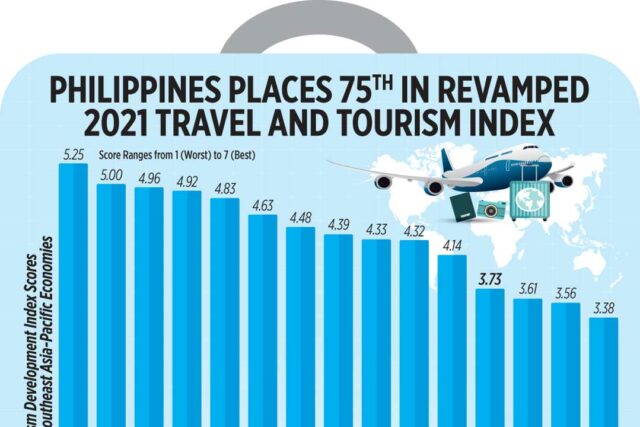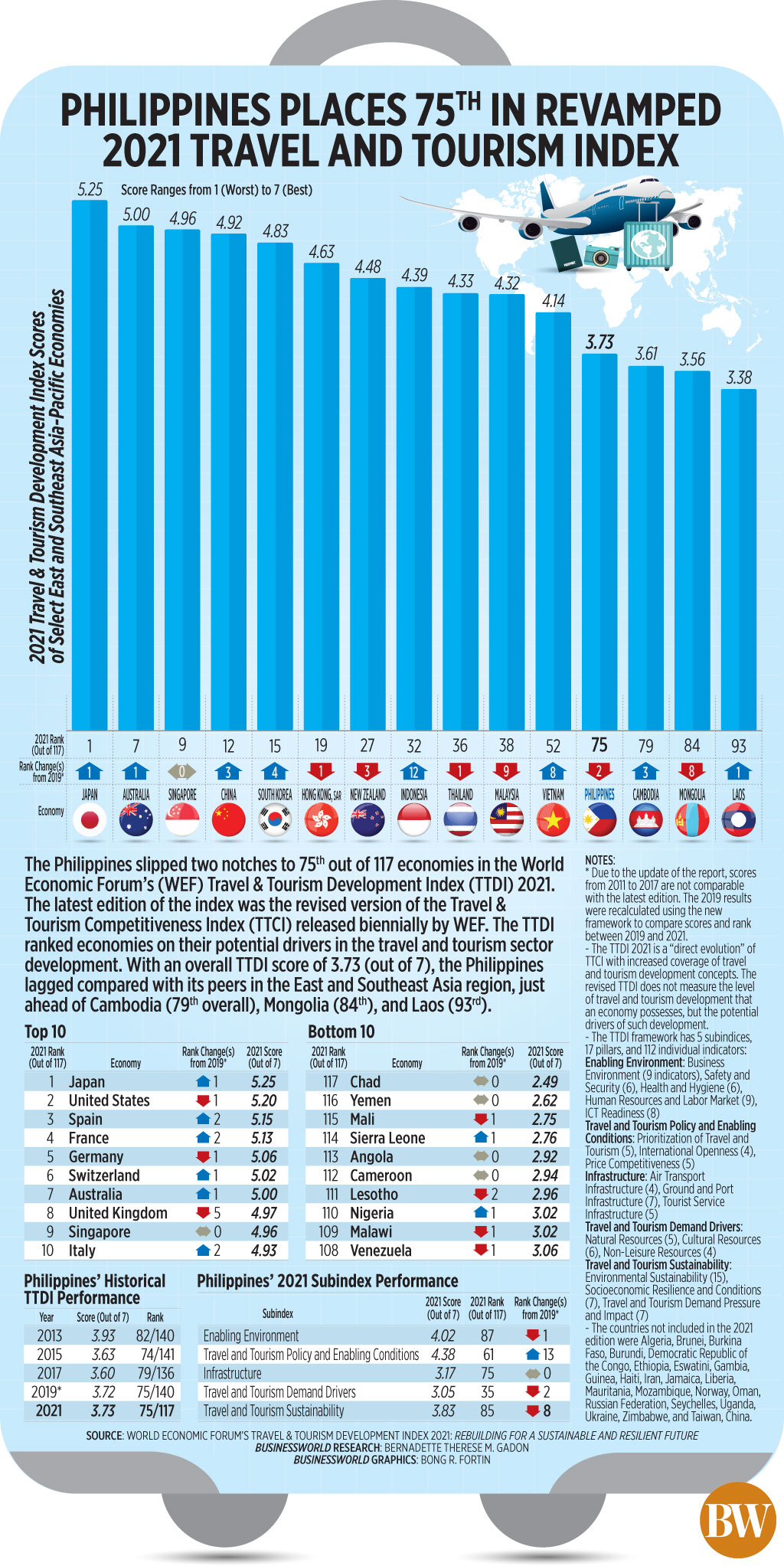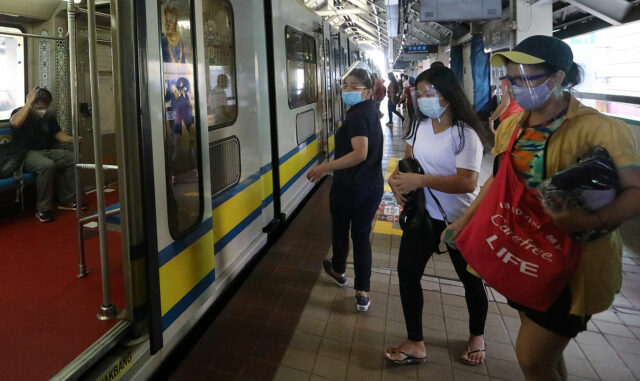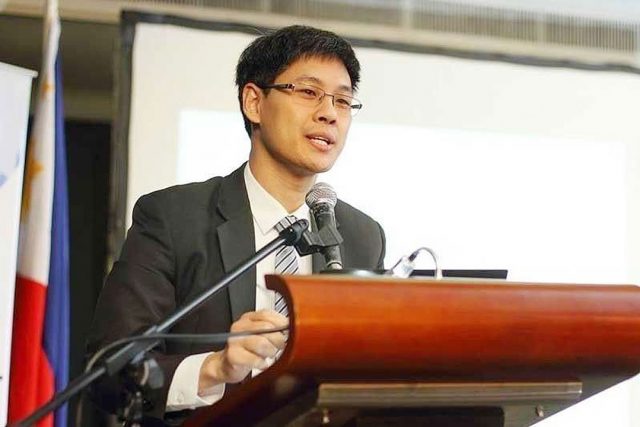Dining In/Out (05/26/22)
Boutwood opens Ember
CHEF Josh Boutwood, who is known for his maverick approach to dining, offers a new restaurant concept that smolders with sophistication. Having opened on May 14, Ember is a sly wink to his other concept, Savage, that attracts adventurous diners with the primal feel of having food cooked with preindustrial methods using fire, smoke and ash. Ambience-wise, Ember’s interiors are meant to evoke the warm feelings of enjoying a relaxing meal. To achieve this, Mr. Boutwood takes off from the industrialist look of Savage and the dark walls of his other concept, The Test Kitchen. Ember is modern chic, with a soft and elegant balance to a masculine menu and cooking method. To add to the relaxing atmosphere, the approachable staff will treat guests like family. The menu does not focus on a specific cuisine, as the chef’s cooking philosophy veers away from limitations and instead focuses on gathering inspiration from multiple cultures. The meals will be prepared using a variety of cooking methods from convection, ovens, stove tops hearth, and a smoker to infuse a smoked essence in the dishes. Ember is located at the Greenbelt Mall in Makati City, with al fresco seating available for patrons.
New World Makati offers machang for Dragonboat Fest
NEW World Makati Hotel’s Chinese dining destination, Jasmine, celebrates the traditional Dragonboat Festival with its signature handcrafted machang or zongzi, a glutinous rice dish with two kinds of fillings wrapped in lotus leaves, and steamed or boiled. This sticky rice delicacy is served and shared among family and friends to honor the annual holiday which occurs on the fifth day of the fifth month of the Chinese calendar. A savory and a sweet version of this dish is offered at Jasmine restaurant. The traditional variety consists of glutinous rice, pork, yellow bean, salted egg, and mushroom, while the other is glutinous rice with red bean filling. Both are wrapped in lotus leaf and boiled. Encased in basketweave packaging with a bamboo handle and gold foil logo stamping, these are best enjoyed with hot tea. Each order is priced at P850 net. A 10% discount applies for Club Epicure members’ orders and bulk orders with at least 50 boxes. A senior citizen discount of 20% and 12% VAT exemption is honored for only one box senior citizen card. The restaurant likewise offers complimentary delivery service for bulk orders of a minimum of 50 boxes within a three-kilometer radius from the hotel. For orders, guests can call 8811-6888 ext. 3679, e-mail fbreservations.manila@newworldhotels.com, call or message on Viber/Whatsapp at 0917-888-4194, or order online by filling out the form: https://bit.ly/JasmineMachang.
Breville Ph releases new Barista Touch machine
BREVILLE Philippines offers with the newest and most innovative addition to their collection of top-tier espresso machines, the Barista Touch. This is an intuitive and smart model that simplifies each step of coffee-making while retaining the premium quality of every cup. Haj Cortez-Flores, F&B Business Unit Manager of Breville Philippines described it as the glammed-up version of their current best-seller, the Barista Express. “It is the perfect model if you want an entry-level espresso machine that can give you the same quality as store-bought drinks, but it does have features that can be taken to another level.” The Barista Touch still covers the top four elements that Breville believes make up top-tier drinks: dose control grinding, precise espresso extraction, ideal temperature, and milk foam texturing. The model, however, comes with an automatic steam wand that lets users easily adjust the milk temperature and texture to suit their taste, as well as a one-touch coffee grinder with customizable grind size and dosage settings. Barista Touch users can easily customize their drink in three easy steps by choosing the right Grind, Brew, and Milk settings, and other aspects of the drink like coffee strength and temperature. They can save up to eight personalized coffee settings so they can easily create their preferred drinks with just a push of a button. The Barista Touch is available in Breville outlets and select brand carriers.
Seattle’s Best Coffee opens first drive-through store
SEATTLE’S Best Coffee launched its first drive-through store at Rosario, Batangas on May 2. The branch offers the range of Seattle’s Best Coffee signature beverages, pastries, and food. Aside from the drive-through service, the branch also features a cozy café for customers who want to dine in instead, as well as a display of Seattle’s Best Coffee pastries to bring home. Seattle’s Best Coffee Rosario is located at Rosario Ibaan Road, Brgy. Namunga, Rosario, Batangas.
Red Ribbon offers new small cakes
RED Ribbon has come up with two new junior-sized cakes — Tiramisu Meltdown and Mango Graham Mousse. Tiramisu Meltdown Junior (P420) is made with layers of soft chocolate chiffon and cream cheese with a hint of coffee, while the Mango Graham Mousse Junior (P440) is made of layers of crushed graham biscuits, mango cream, and creamy icing, topped with mango bits. They are available at Red Ribbon Bakeshop branches, and can also be purchased via the Red Ribbon delivery website, the Red Ribbon app (available for Android and iOS), the delivery hotline #87777, via RIA Messenger, or purchased via the GrabFood and foodpanda apps.
Marks & Spencer celebrates National Biscuit Day
FEELING a big peckish and British? Celebrate the UK’s National Biscuit Day on May 29 with Marks & Spencer’s many cookie varieties. There is the all-time favorite, The Extremely Chocolatey Biscuits which have been a part of M&S for two decades and is best paired with a glass of milk or cup of tea. Speaking of tea, enjoy tea time with Marks & Spencer’s Rich Tea Biscuit, made with barley malt extract. Salted caramel fanatics can also look forward to all-butter cookies with smooth Belgian milk chocolate chunks and caramel fudge pieces, topped with milk chocolate. For added crunch and extra refinement, try the Pistachio & Almond Cookies or the Belgian Chocolate and Hazelnut. Order M&S Food at same-day delivery apps: Grabmart, Metromart, Foodpanda, and Pickaroo. One can also get the cookies within the day when paying through Gcash on the M&S Philippines Viber Community at bit.ly/MSPH-VC.
Dreamworks characters in McDo’s new Happy Meal collection
DREAMWORKS and McDonald’s have collaborated on the new DreamWorks Happy Meal. Familiar characters from Dreamworks movies are now included as mini figurines in the Happy Meals — green-skinned ogre Shrek from the Shrek movie franchise, the easy-going Panda Po and the fearless Tigress from Kung Fu Panda, Alex the Lion from Madagascar, the dragon Toothless from How to Train your Dragon, Troll Princess Poppy and Branch from Trolls; and the big boss Ted from Boss Baby. Each Happy Meal comes with a mini figurine, a card environment, pop up/reveals, and stickers which also function as keychains. The new McDonald’s DreamWorks Happy Meal is available through Dine-In, Take-Out, Drive-Through, or via McDelivery until June 9 only. For more information and updates on this offering, visit McDonald’s Philippines on Facebook, Twitter, or Instagram.



























 “We’ve long been advocating for more incentives for both green buildings and net-zero. Incentives are challenging because especially when it comes from the government (which needs) to raise revenue and taxes,” Mr. Ru
“We’ve long been advocating for more incentives for both green buildings and net-zero. Incentives are challenging because especially when it comes from the government (which needs) to raise revenue and taxes,” Mr. Ru

